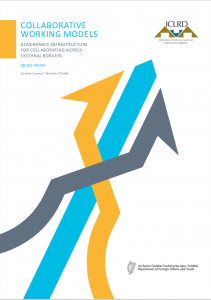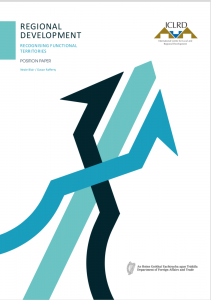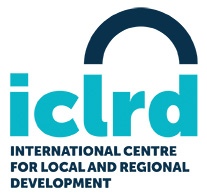
During 2017 and 2018, the ICLRD with funding support from the Department of Foreign Affairs and Trade ‘Reconciliation Fund’ considered the implications of Brexit for existing collaborative relationships, particularly across local government, and how these will need to evolve to reflect the new post-Brexit landscape and continue to be effective. Our specific area of interest was on the implications of Brexit for spatial planning policy and practice on the island of Ireland, and the border region in particular, recognising that the planning systems of both Ireland and Northern Ireland (and the UK more broadly) are closely intertwined with European and international law, particularly on environmental issues. Taking a reflective position, and drawing on experiences from elsewhere – especially those external borders adjoining the EU – this research programme considered what are some of the wider consequences of Brexit in the areas of regional development, local governance infrastructures and cross-border labour markets.
Research into collaborative working models and local governance infrastructures post-Brexit and the impact of Northern Ireland as a third Country on regional development policy and cross-border functional economic areas resulted in the publication of Issues Paper in October 2017, an on-line survey being undertaken to explore further the issues highlighted in December 2017/January 2018, and the publication of final Position Papers in November 2018.
Click to download papers:
Issues Paper 2: Regional Development: Recognising Functional Territories
Position Paper 2: Regional Development: Recognising Functional Territories


The research on cross-border labour markets and cross-border mobility will be available to download shortly.
Presentations on the emerging findings of these papers were given during the 2018 Conference of Irish Geographers in Maynooth. The above studies and conference presentations subsequently informed a number of articles published in special issue of Irish Geography dedicated to the topic of cross-border cooperation in the context of Brexit.
